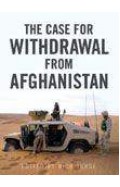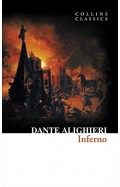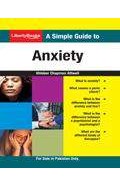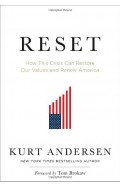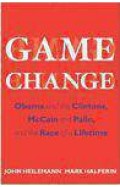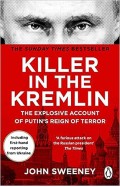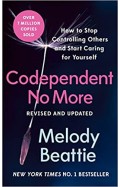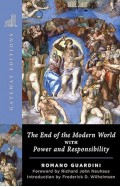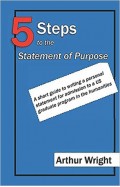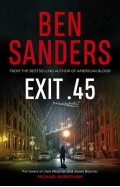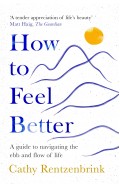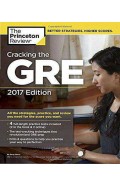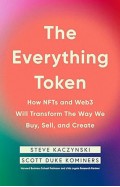The Possibility of an Absolute Architecture (Writing Architecture)
By: Pier Vittorio Aureli
-
Rs 300.00
- Rs 600.00
- 50%
You save Rs 300.00.
Due to constant currency fluctuation, prices are subject to change with or without notice.
We are offering a high discount due to slightly damage.
Architectural form reconsidered in light of a unitary conception of architecture and the city.
In The Possibility of an Absolute Architecture, Pier Vittorio Aureli proposes that a sharpened formal consciousness in architecture is a precondition for political, cultural, and social engagement with the city. Aureli uses the term absolute not in the conventional sense of “pure,” but to denote something that is resolutely itself after being separated from its other. In the pursuit of the possibility of an absolute architecture, the other is the space of the city, its extensive organization, and its government. Politics is agonism through separation and confrontation; the very condition of architectural form is to separate and be separated. Through its act of separation and being separated, architecture reveals at once the essence of the city and the essence of itself as political form: the city as the composition of (separate) parts. Aureli revisits the work of four architects whose projects were advanced through the making of architectural form but whose concern was the city at large: Andrea Palladio, Giovanni Battista Piranesi, Étienne Louis-Boullée, and Oswald Mathias Ungers. The work of these architects, Aureli argues, addressed the transformations of the modern city and its urban implications through the elaboration of specific and strategic architectural forms. Their projects for the city do not take the form of an overall plan but are expressed as an “archipelago” of site-specific interventions.
We are offering a high discount due to slightly damage.
Architectural form reconsidered in light of a unitary conception of architecture and the city.
In The Possibility of an Absolute Architecture, Pier Vittorio Aureli proposes that a sharpened formal consciousness in architecture is a precondition for political, cultural, and social engagement with the city. Aureli uses the term absolute not in the conventional sense of “pure,” but to denote something that is resolutely itself after being separated from its other. In the pursuit of the possibility of an absolute architecture, the other is the space of the city, its extensive organization, and its government. Politics is agonism through separation and confrontation; the very condition of architectural form is to separate and be separated. Through its act of separation and being separated, architecture reveals at once the essence of the city and the essence of itself as political form: the city as the composition of (separate) parts. Aureli revisits the work of four architects whose projects were advanced through the making of architectural form but whose concern was the city at large: Andrea Palladio, Giovanni Battista Piranesi, Étienne Louis-Boullée, and Oswald Mathias Ungers. The work of these architects, Aureli argues, addressed the transformations of the modern city and its urban implications through the elaboration of specific and strategic architectural forms. Their projects for the city do not take the form of an overall plan but are expressed as an “archipelago” of site-specific interventions.
The Possibility of an Absolute Architecture (Writing Architecture)
By: Pier Vittorio Aureli
Rs 300.00 Rs 600.00 Ex Tax :Rs 300.00
Zubin Mehta: A Musical Journey (An Authorized Biography)
By: VOID - Bakhtiar K. Dadabhoy
Rs 892.50 Rs 1,050.00 Ex Tax :Rs 892.50
Myths Illusions and Peace: Finding a New Direction for America in the Middle East
By: Dennis Ross
Rs 766.50 Rs 1,095.00 Ex Tax :Rs 766.50
Reset: How This Crisis Can Restore Our Values and Renew America
By: Kurt Andersen
Rs 450.00 Rs 500.00 Ex Tax :Rs 450.00
How To Win A Cosmic War God Globalization And The End Of War
By: Reza Aslan
Rs 625.50 Rs 695.00 Ex Tax :Rs 625.50
Game Change Obama And The Clintons McCain And Palin And The Race Of A Lifetime
By: John Heilemann
Rs 715.50 Rs 795.00 Ex Tax :Rs 715.50
Londonistan: How Britain is Creating a Terror State Within
By: Melanie Phillips
Rs 170.00 Rs 200.00 Ex Tax :Rs 170.00
No similar books from this author available at the moment.
The End of the Modern World - With Power and Responsibility
By: Romano Guardini
Rs 3,775.50 Rs 4,195.00 Ex Tax :Rs 3,775.50
5 Steps to the Statement of Purpose
By: Arthur William Wright
Rs 3,565.75 Rs 4,195.00 Ex Tax :Rs 3,565.75
How to Meditate - A Practical Guide to Making Friends with Your Mind
By: Pema Chodron
Rs 4,405.50 Rs 4,895.00 Ex Tax :Rs 4,405.50
Fluke: Chance, Chaos, and Why Everything We Do Matters
By: Dr Brian Klaas
Rs 2,515.50 Rs 2,795.00 Ex Tax :Rs 2,515.50
Track Two Diplomacy in Theory and Practice
By: Peter Jones
Rs 7,947.50 Rs 9,350.00 Ex Tax :Rs 7,947.50
AI Snake Oil - What Artificial Intelligence Can Do, What It Can’t, and How to Tell the Difference
By: Arvind Narayanan
Rs 6,370.75 Rs 7,495.00 Ex Tax :Rs 6,370.75
Outside In - A Year of Growing and Displaying
By: Sean A Pritchard
Rs 6,745.50 Rs 7,495.00 Ex Tax :Rs 6,745.50
Cracking the GRE with 4 Practice Tests: 2017 Edition College Test Preparation
By: The Princeton Review
Rs 1,402.50 Rs 1,650.00 Ex Tax :Rs 1,402.50
The Everything Token - How NFTs and Web3 Will Transform the Way We Buy, Sell, and Create
By: Steve Kaczynski
Rs 3,595.50 Rs 3,995.00 Ex Tax :Rs 3,595.50
Zubin Mehta: A Musical Journey (An Authorized Biography)
By: VOID - Bakhtiar K. Dadabhoy
Rs 892.50 Rs 1,050.00 Ex Tax :Rs 892.50
The Possibility of an Absolute Architecture (Writing Architecture)
By: Pier Vittorio Aureli
Rs 300.00 Rs 600.00 Ex Tax :Rs 300.00














-120x187.jpg?q6)







